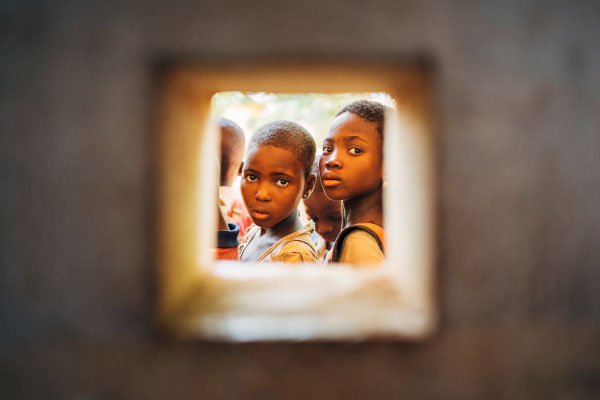In a globalized world, the war in Ukraine is having devastating consequences beyond the borders of the conflict. But, for sure, this should not be their health. In sub-Saharan Africa, the rising cost of living is affecting something as essential as access to healthcare.
‘The Russian invasion of Ukraine threatens to tip tens of millions of people over the edge into food insecurity, followed by malnutrition, mass hunger and famine, in a crisis that could last for years’. These were the stark words of the Secretary-General of the United Nations, António Guterres, given the rising inflation that the war in Ukraine has caused in many impoverished countries.
In recent months the price of food, fertilizers, gas, and crude oil has gone up by between one and two thirds. This is because nearly one third of global wheat and barley production and half of sunflower-oil production comes from Russia. World gas and crude oil supplies are also highly dependent on Russia. The majority of developing countries, many of them in Africa, lack the fiscal capacity to cushion these enormous increases.
And the fact is that the increase in the price of essential raw materials such as cereals, fuel, electricity, etc. is a burden that many families are finding impossible to bear.
The price of war: if inflation rises, health falls
Within the African context, with rising food prices, fewer families can afford one decent meal a day. This deepens their poverty on many fronts. As they do not have enough income and with prices rising across the board, they find it more difficult to pay for basic services such as electricity, fuel, or access to healthcare.
And the fact is that for many African healthcare systems, while public health does exist, it is weak and requires payment for medicines and basic appointments. When it comes to healthcare services for the detection of NTDs, the treatments are out of reach for a vast majority of the population.
More incentives and support for local farmers
In order to alleviate the effects that the war in Ukraine is having on many African economies, international financial institutions need to increase their investment there. Meanwhile governments need to incentivize local agricultural production and invest in food systems that protect small- and medium-sized farmers. Ensuring food security within this context of uncertainty can avoid the most impoverished people from having to decide between eating or going to the doctor.
Meanwhile, organizations working to strengthen the weakest healthcare systems in sub-Saharan Africa seek to alleviate the consequences of this new crisis. The price of war should not be your their health.






